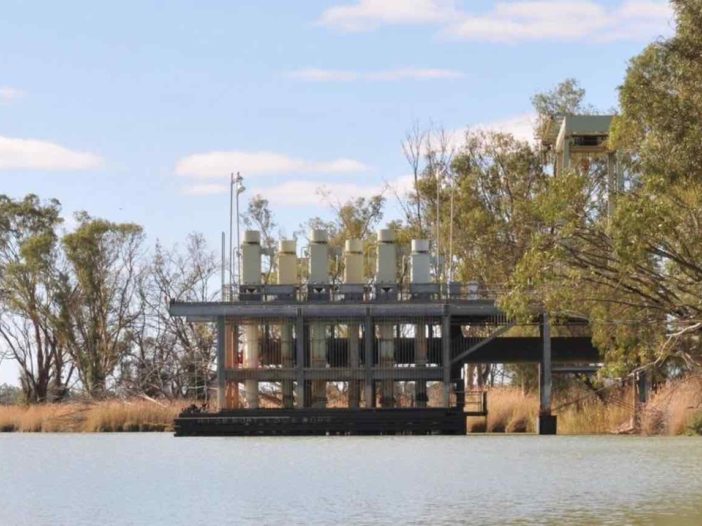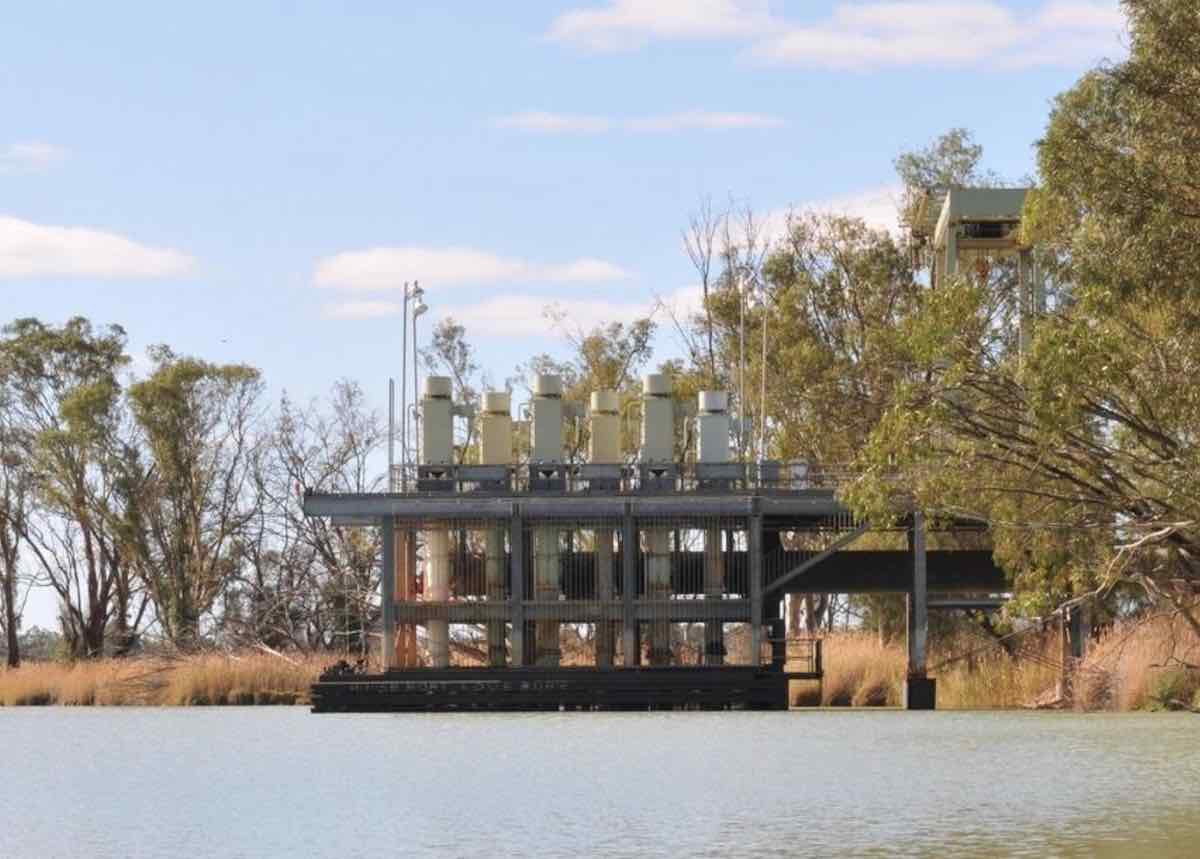
An irrigation company that pumps water to thousands of customers in South Australia’s Riverland region will install more than 8MW of industrial-scale batteries across its operations in a first-of-its kind project that will make the major energy user a player in the electricity market – and cut its power costs.
The landmark battery project will be led by demand-side aggregator Enel X, an offshoot of Italy-based renewables giant Enel Group, which has been building a 350MW “virtual power plant” across Australia combining rooftop solar, battery storage and electric vehicle charging solutions.
In an agreement with Central Irrigation Trust (CIT) Enel X will finance, manage and optimise the more than 8MW of battery energy storage systems (BESS) across CIT sites, starting with 4.4MW/7.4MWh of BESS installed across four sites in the first half of 2022.
The integrated BESS will be owned and operated by Enel X under its shared benefits model, where Enel X invests the capital required for the installation of batteries, de-risking the project for CIT. The resulting electricity savings are shared between the two companies.
To that end, the batteries will be managed by Enel X’s proprietary Distributed Energy Resources Optimisation Software (DER.OS), which uses advanced machine-learning and algorithms to analyse data including site energy demand, weather forecasts and grid conditions.
The software optimises the batteries’ charge and discharge strategy, decreasing demand charges and extracting value from various market revenue streams, including frequency control ancillary services and energy arbitrage.
The batteries will also be able to integrate with Enel X’s VPP platform, gaining access to demand response programs that both support the grid and allow CIT to reduce its energy costs.
Reducing energy costs is no small matter for CIT, a major energy user whose entire pumping infrastructure uses electricity as its source of energy.
According to a statement from the National Irrigators’ Council in April 2020, CIT had been slugged with a 70% increase in “ancillary charges” from one month to the next, that had resulted in a 25% jump in the irrigator’s price of consumption, or a $60,000 per month increase in its bill.
“NEM rules say these charges can be passed on, even though the consumer had nothing to do with the problem that caused the additional cost,” said the NIC CEO Steve Whan, at the time.
“Last year the same company received news that a recalculation of Marginal Loss Factors meant their charges would rise $150,000 in one hit. Again, nothing to do with their use, instead it was because South Australia was exporting more power to Victoria.
“Central Irrigation Trust pumps water from the Murray to supply 1,200 Riverland fruit, vegetable, grape and nut farmers. The electricity costs paid by the Trust have to be passed on to farmers making their cost of production prohibitive.”
As Enel X’s head of Asia and Oceania, Jeff Renaud, explains, the battery solution the companies are rolling out will help CIT to take some of the power back, so to speak, by intelligently managing its energy use, while also giving it a slice of market services revenue and, in that way, helping to improve grid stability and reduce grid costs overall.
“Our customised, turnkey solution will help CIT optimise its energy usage and costs, allowing the sites to run more efficiently while increasing resiliency.
“Our proven DER.OS platform will allow the batteries to ‘value stack’ across our demand response programs including energy market arbitrage, frequency control ancillary services (FCAS), and access the upcoming wholesale demand response mechanism,” Renaud said.
“This project marks significant progress towards achieving CIT’s sustainability goals, allowing us to lead by example,” said the CEO of Central Irrigation Trust, Greg McCarron.
“The BESS will allow us to significantly lower our carbon footprint while supporting the grid, the community and our customers, at no cost to us. This will contribute to the reliability of the energy system, enable more renewables, help avoid power outages, and reduce our energy expense.”

Sophie is editor of One Step Off The Grid and deputy editor of its sister site, Renew Economy. Sophie has been writing about clean energy for more than a decade.

